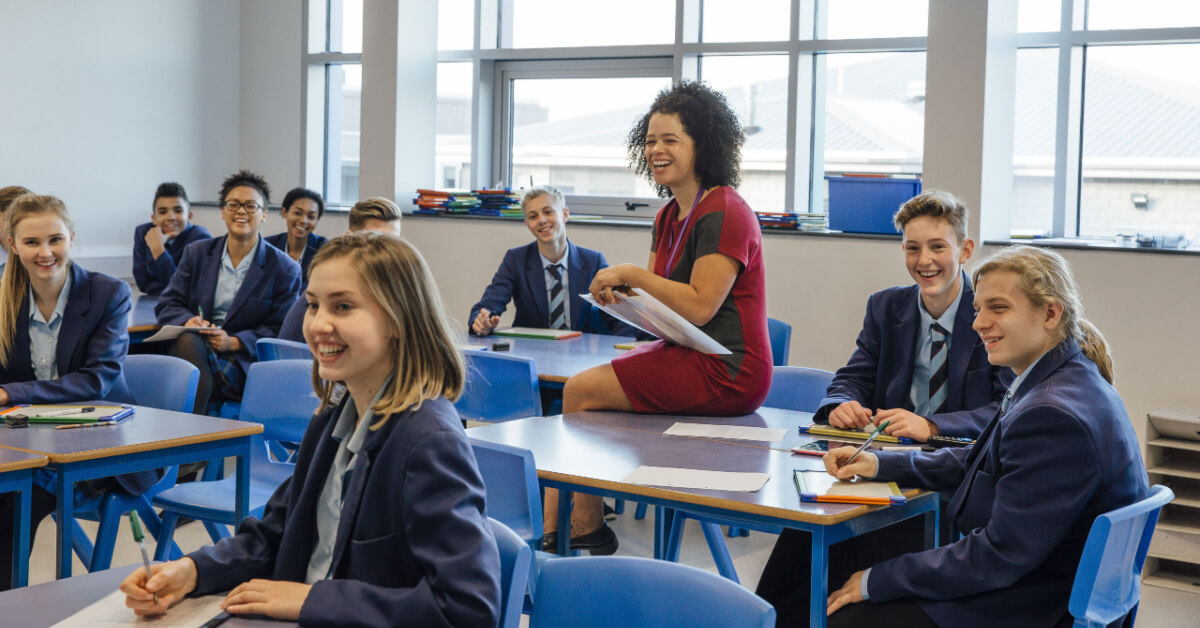Summer Series #2 – Let’s teach our students the Power of Attention is the theme of this article. Attention and engagement are closely connected. We have our students more hours per week than anybody else so let’s discover what they care about and use our attention to help them learn.
June 26, 2023
The Surgeon General’s most recent advisory on Youth Mental Health and Social Media (May 2023) had a big oversight: in its section entitled “We Must Take Action: A Way Forward” it called Policy Makers, Tech Companies, Parents, Researchers, and even Children and Adolescents themselves to pursue various strategies for safe(r) use of Social Media.
Missing from the list?
First: Medical Providers—but the American Academy of Pediatrics launched the AAP Center of Excellence on Social Media and Youth Mental Health in coordination with the Advisory.
Second: Educators!—I would argue schools have a unique opportunity for systematic and immediate impact on this crisis. Without a doubt, educators are already serving on the front lines (supporting individual students in crisis) and administrators are architecting broader interventions (phone bans, social media education programs, and SEL initiatives) as quickly as possible.…

